The Financial Reporting Council (FRC) of Nigeria announced on Tuesday plans to formally integrate Islamic Finance Services into the country’s financial reporting framework by adopting the standards issued by the Accounting and Auditing Organisation for Islamic Financial Institutions (AAOIFI).
The Executive Secretary/CEO of the FRC, Dr. Rabiu Olowo, disclosed this in Lagos, in his address at the 7th Africa Islamic Finance Conference.
According to Olowo, the move aligns with FRC’s statutory responsibility to set, monitor, and enforce financial reporting standards in Nigeria.
He pointed out that the FRC Act empowers the Council not only to adopt the International Financial Reporting Standards (IFRS), which currently form the backbone of Nigeria’s reporting framework, but also to incorporate other recognized international accounting and reporting standards when necessary.
Olowo said the decision follows the rapid expansion of Islamic Finance Services in the country over the past decade, with significant growth recorded in Islamic banking, Sukuk issuances, Takaful insurance, and non-interest capital market products.
“This sector has become a dynamic contributor to financial inclusion, infrastructure financing, and ethical investment alternatives. However, this growth brings with it the obligation for regulators to ensure that financial reporting for Islamic Finance Services is consistent, reliable, and globally comparable,” he stated.
Speaking further, the FRC boss explained that the proposed adoption of AAOIFI standards would complement existing IFRS practices, maintaining Nigeria’s alignment with global standards while offering a dedicated framework tailored to the unique contracts and financial instruments used in Islamic finance.
“By aligning with AAOIFI, Nigeria will not only strengthen transparency and accountability in Islamic financial reporting but also enhance investor confidence and global comparability,” Olowo added.
Commenting further on the need for AAOIFI Standards, he listed the benefits to include: “Specialization: AAOIFI standards are developed specifically for Islamic Finance institutions, addressing areas such as Murabaha, Ijarah, Mudarabah, Musharakah, and Sukuk.
“Global Recognition: Many jurisdictions with vibrant Islamic Finance sectors—including in the Middle East, Asia, and parts of Africa—already adopt or align with AAOIFI standards
“Market Confidence: Their adoption will enhance investor confidence, ensure transparency, and improve comparability for both domestic and international stakeholders.
“Complementarity: AAOIFI does not replace IFRS but fills the gap where IFRS does not adequately capture Shari’ah-compliant transactions.”
Olowo revealed that: “The Council has already commenced work in this area by: Building internal capacity within our directorates to understand and implement AAOIFI standards; Stakeholders Engagement—banks, insurance operators, capital market regulators, scholars, and professional bodies—to ensure inclusiveness.
“Setting up of TWG-This group to be drawn from Regulators, Operators representing each part of Financial sector to give direction for implementation. Phased adoption strategy—to ensure smooth transition and alignment with existing IFRS reporting practices. Collaboration with AAOIFI and other standard-setters for technical assistance and knowledge exchange/capacity building.
“We recognize that successful adoption and implementation of AAOIFI standards in Nigeria cannot be achieved by the Council alone. It requires partnership with industry players, scholars, regulators, professional accountants, and development partners. Therefore, we use this conference as an opportunity to invite all stakeholders to join hands with the FRCN in shaping a robust, credible, and inclusive financial reporting framework that fully accommodates Islamic Finance Services.
“Nigeria’s financial system is evolving, and our regulatory framework must evolve with it. The inclusion of AAOIFI standards into our national framework is not just a regulatory necessity—it is a strategic imperative for building trust, enhancing transparency, and ensuring that Islamic Finance continues to contribute meaningfully to economic growth and financial inclusion.”
Vice President Kashim, Shettima, who was represented by the Special Adviser to the President on Economic Affairs, Dr. Tope Fasua in his address said: “Islamic finance has emerged as a powerful ally because the system framework is rooted in ethics, fairness and shared prosperity. He also stated that true measure of prosperity lies in inclusion and that prosperity must be shared and sustained.
Also speaking at the conference, His Royal Highness, Muhammadu Sanusi, 14th Emir of Kano, and former Governor of Central Bank of Nigeria (CBN), expressed pleasure to see the industry grow, looking back at where it actually started in Nigeria.
“We are beginning to see geometric growth in the number of banks that have been licenced and the number that have applied for licences,” he added.
The Emir pointed out that Islamic financing could be defined in terms of shared prosperity and inclusivity, noting that Islamic finance was about simple commonsense.
“It has a very simple and clear definition of what exactly is lending and what is business. Commonsense says you borrow when you have a need to fulfill but do not have resources. But if you have millions and want to invest in factory or other businesses you are not borrowing but looking for investors to partner to make investment.
“Once we understand this we will understand the difference between Islamic finance and conventional finance. People who want to grow an economy, move out poverty and set up MSMEs do not go on borrowing they go round looking for people who are ready to partner with them by either providing them the funds, equipment, labour and they share the profit.
“Every Islamic banking transaction is a business partnership. Now to speak about growth and inclusivity: There are two ways to look at an economy: You can look at the economy from the perspective of GDP, inflation numbers and so on and these are beautiful statistics and are important.
“But unfortunately too often looking at these big numbers we lose sight of small numbers that are absolutely crucial. A GDP growth of 5 or 6 per cent looks good. But you can actually have majority of the people getting poorer while the GDP is growing. Inflation may come down but the items consumed by the poor such as basic drugs and foods may be getting out of reach of the poor.
“So, the first thing is that if we are dealing with inclusivity this is where IF has to come in. Islamic Financial Institutions (IFIs) need to go to the bottom of the pyramid. You cannot talk about inclusivity if you are not where the people are. Sitting in Abuja or Lagos and booking loans do not improve the lives of those in the rural areas and small towns and these are the majority of Nigerians that need support: mechanics, tailors, etc … these small enterprises that employs 70 per cent of our population. Until we begin to grow those we are not going to have a growth that is inclusive.
“My first suggestion to all IFIs here is let us try strategically to target SMEs in locations that already do not have access to finance. That is the only way Islamic finance can contribute to shared prosperity.”
In his contribution, President/CEO African Finance Corporation, Samaila Zubairu said: “We need to have a way to inclusive growth and the inclusivity is at the bottom of the pyramid. I think that you need to be more creative. Imagine if we can provide that finance ethically, inclusively and sustainably which is the promise of Islamic finance.
“Islamic financing in its core invests in real assets like roads, power plants, water and digital networks. In Nigeria for instance, if we have constant access to electricity will easily give $1 trillion economy. And if you go beyond that and try to do import substitution you will see that grow to $2 trillion economy. And Islamic finance has a critical role to play there because it is asset backed financing. It is an investment in productive assets.
“Islamic financing fits perfectly to infrastructure finance than any other institution because it is built on truth where every financing is tied to a real tangible asset that create jobs and longtime value.”
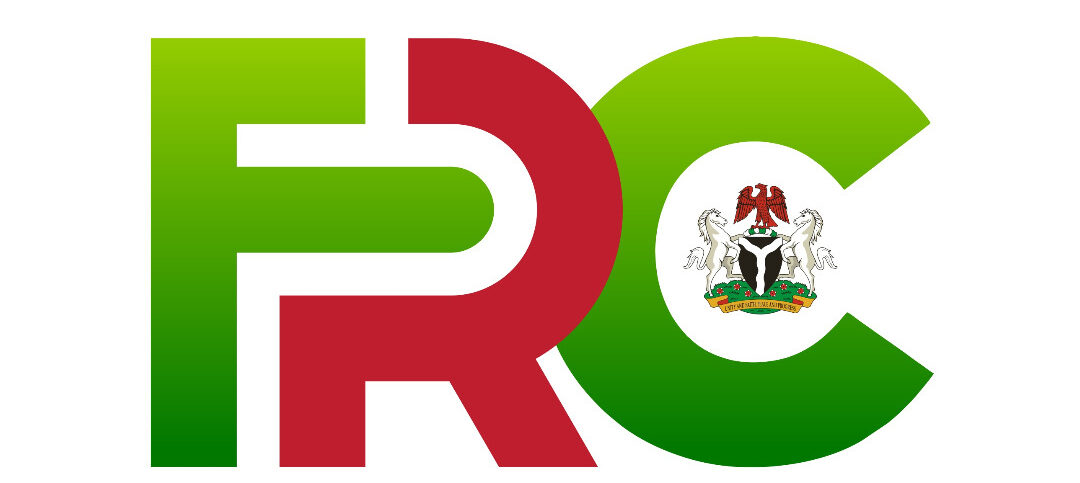


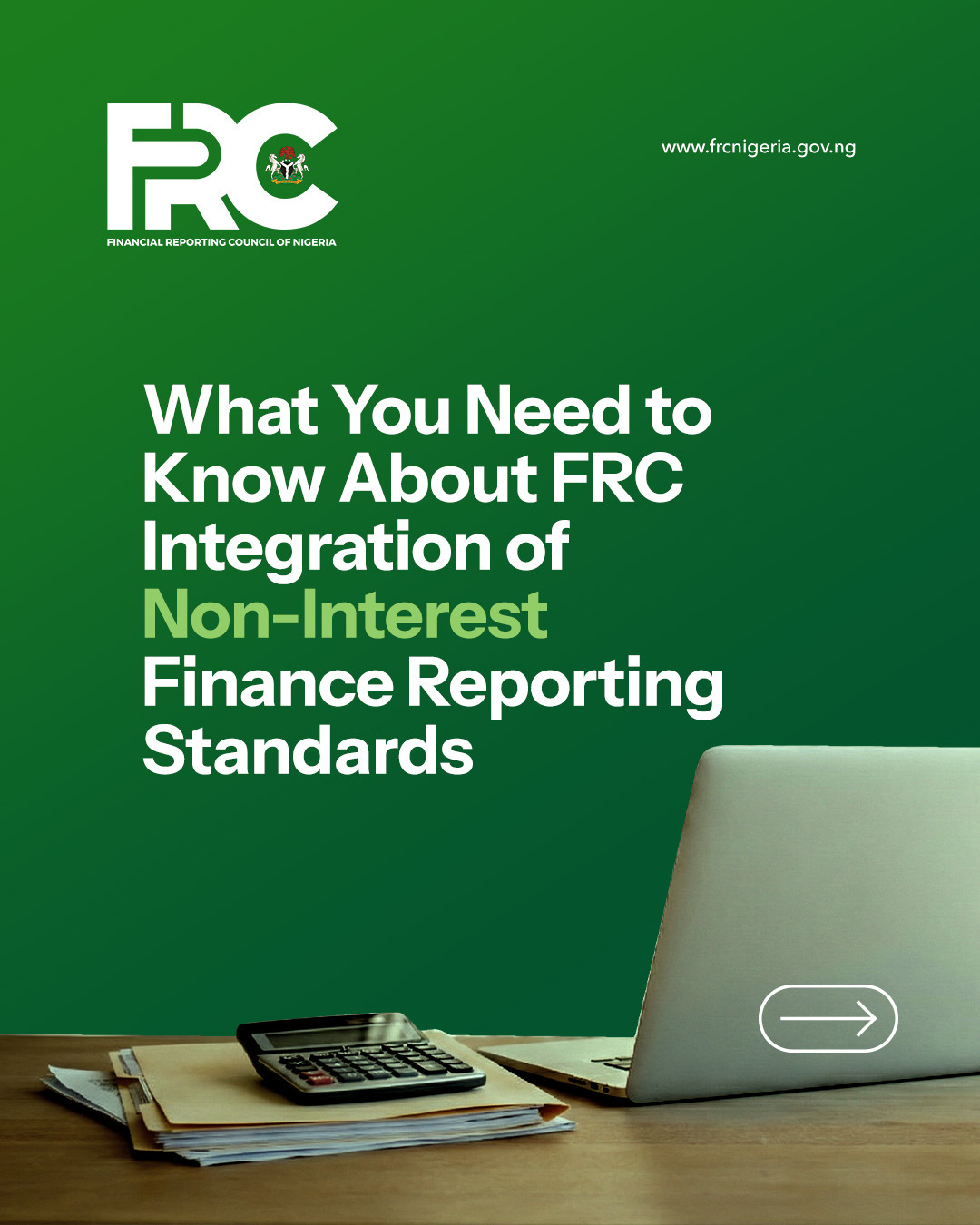
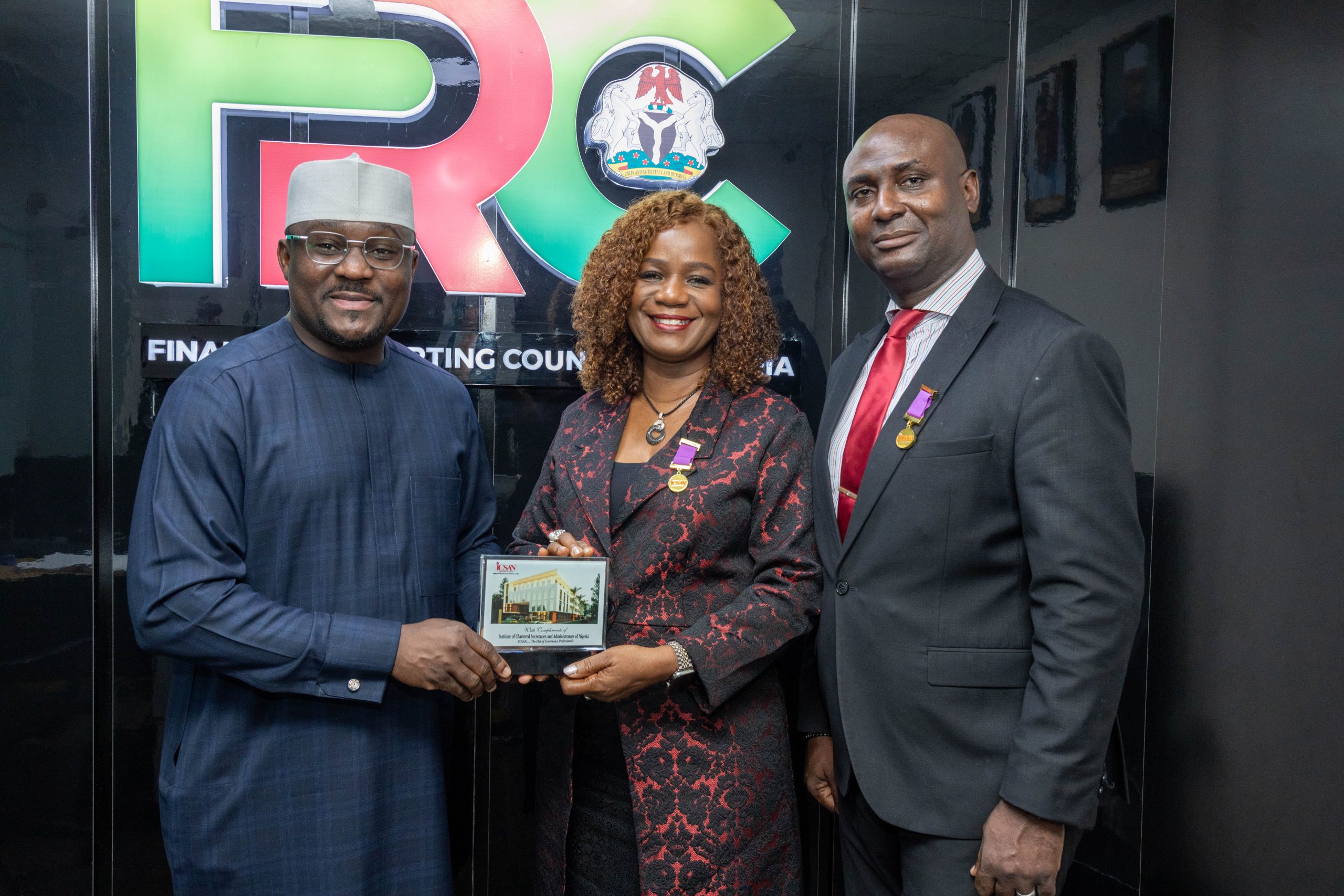
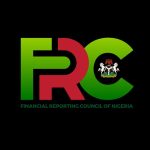

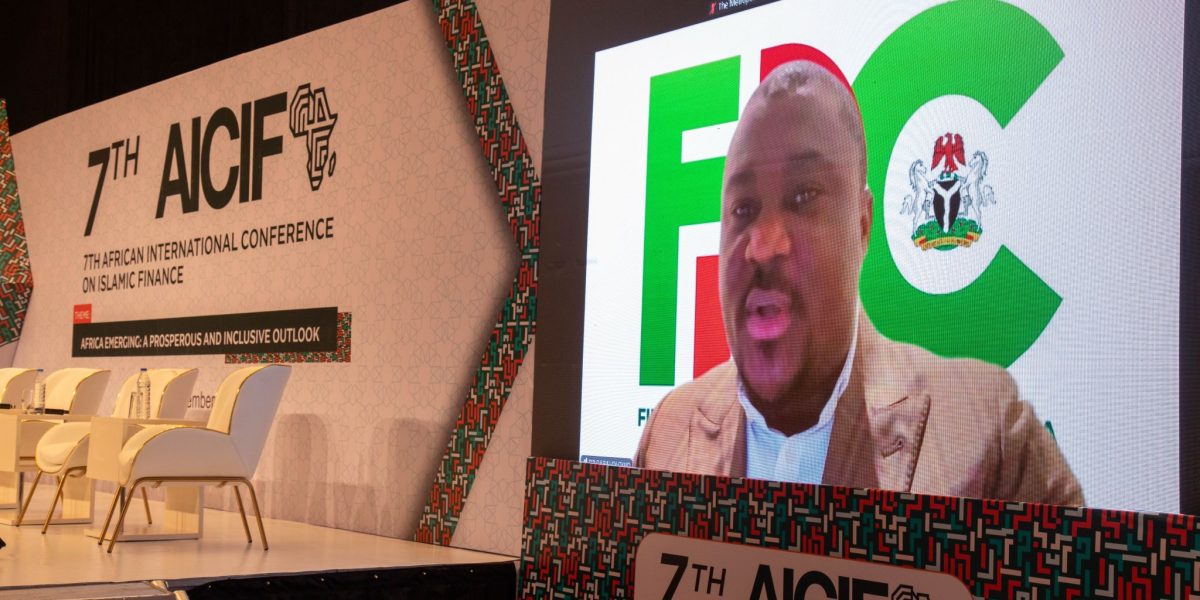
No Comment! Be the first one.